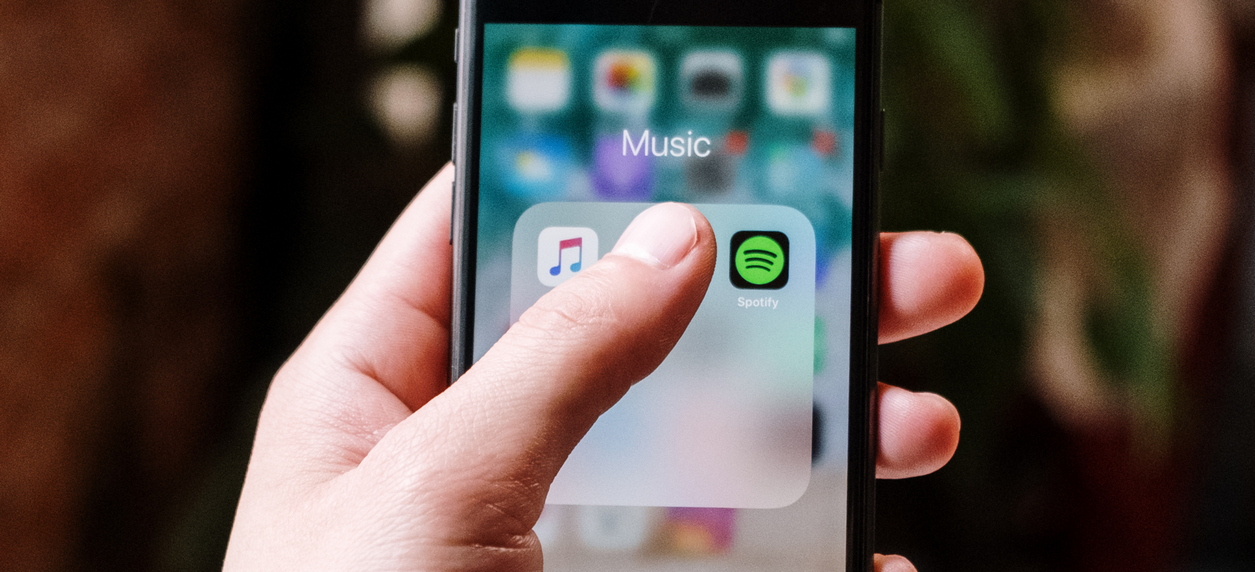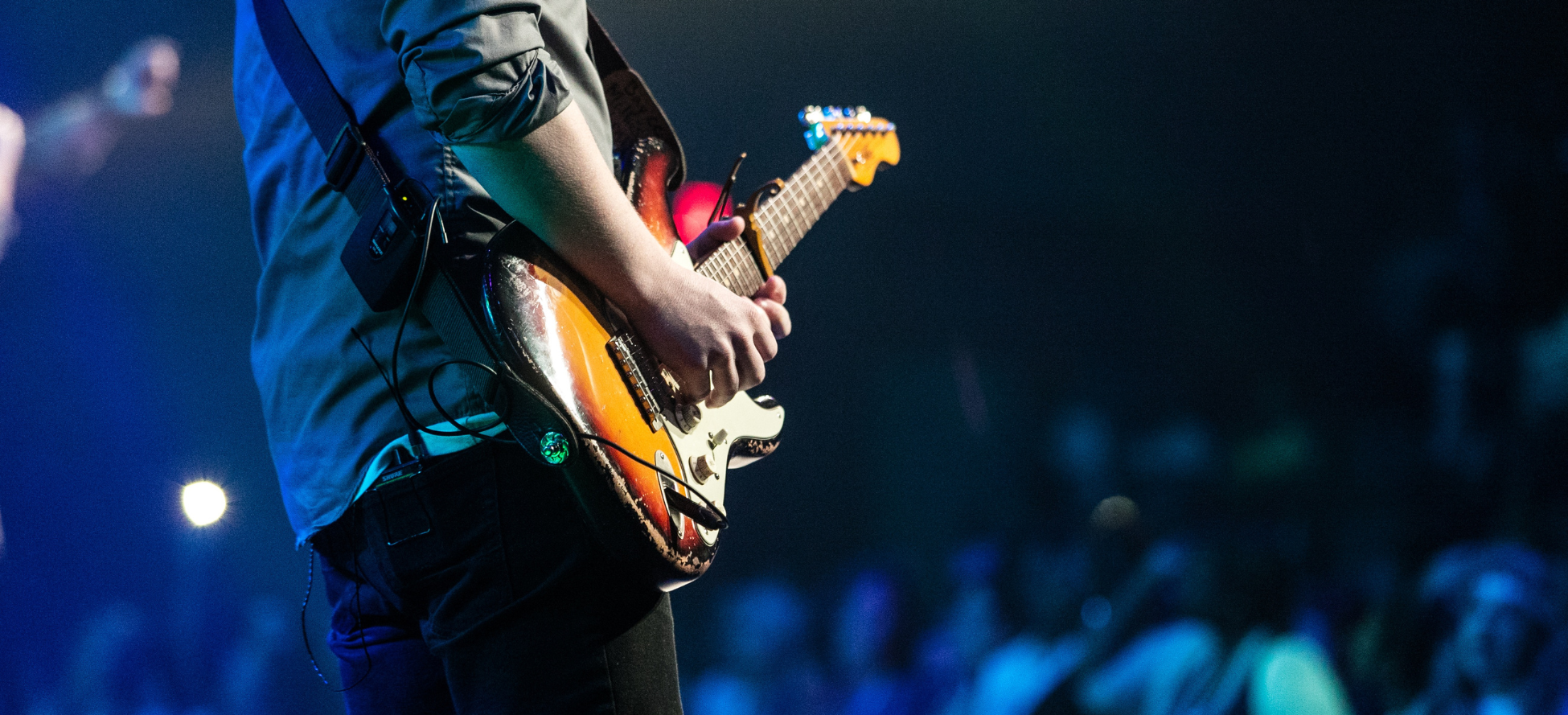Fake streams, real scourge or means for smaller artists to emerge from anonymity?
The music market is constantly evolving and the arrival of streaming platforms has disrupted the musical landscape. Artists, big or small, are now faced with a dilemma: how to make themselves known and earn a living from their passion, namely music?

The economic model of streaming platforms
The current economic model of streaming platforms is based on a "market centric" logic. This logic consists, for a given market (France, for example), of allocating, for each track, to the concerned artist a share of the turnover achieved by the streaming platform, proportional to the share that the track in question represents in the total number of recorded listens. The remuneration of a track therefore corresponds to its "market share", territory by territory.
This penalises smaller artists, as only 10% of artists generate 90% of total revenues. Indeed, a large part of the revenue is often captured by popular artists and major record labels. This unequal distribution of revenue makes it difficult for lesser-known artists to make a living from their passion.
While popular artists can accumulate thousands or even millions of streams and thus obtain substantial revenues thanks to the streaming model, small artists generally have a more limited audience, more limited visibility, which translates into fewer streams and therefore, little revenue.
It's unfortunately in this context that the purchase of fake streams has appeared.
The growing use of purchasing fake streams
According to a study by the National Music Centre (CNM) published in January 2023, nearly 15% of streams on streaming platforms would be fake. These fake streams detected on various streaming platforms would represent, according to the analysis, between 1 and 3 billion listens in France in 2021. We're talking about the fake streams DETECTED by the platforms... in other words, the tip of the iceberg!
Although this practice favours the most popular and richest artists, as they have the means to buy streams in large quantities, according to the CNM, 80% of fake streams purchased come from outside the top 10,000 most popular artists.
Some smaller artists therefore resort to this practice to boost their popularity and get noticed on streaming platforms.
But is it really a solution? Because in the end, buying fake streams only masks reality and can even harm the artist's credibility. Streaming platforms indeed have strict policies regarding the purchase of fake streams. This can lead to significant consequences, such as the removal of the artist's content or the suspension of their account.
Moreover, the use of fake streams can impact the algorithm of digital platforms. These use algorithms to determine music rankings and recommendations. When fake streams are detected, you risk being removed or ignored by these algorithms, and thus losing potential promotion. It's important to know that many streaming platforms, such as Spotify or Deezer, to name just a few, track fake streams!
Ultimately, buying fake streams may seem like a quick and easy solution for some and a scourge for others. Isn't it finally up to the platforms to change their approach? Or for artists to find other ways to earn money?
What additional sources of income for musicians?
Rather than wasting time, money and credibility by resorting to buying fake streams, bands and artists should focus on other sources of income to supplement their musical revenues.
Concerts and merchandise sales, for example, are key areas on which artists and musicians should focus to generate more revenue. By performing on stage, you will develop your visibility, your reputation and create a connection with your audience.
Concerts will also allow you to optimise your merchandise sales (t-shirts, CDs, vinyl, stickers...), merch being a way to make direct profits.
In addition to concerts, you can also offer your merchandising through an online shop or your social media. In this article, we detail 3 tips to boost your online merch sales :)

As we have mentioned to you, artists should rather focus on creating quality content, promoting their music to their target audience (via concerts, for example) and building their fanbase organically. This is the only way to succeed in the long term in the music industry!
© Photos from Canva
